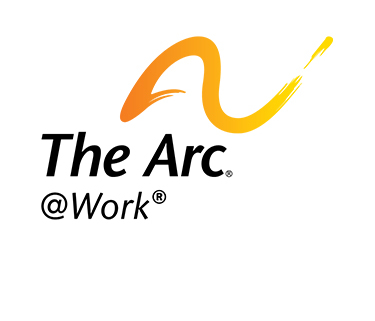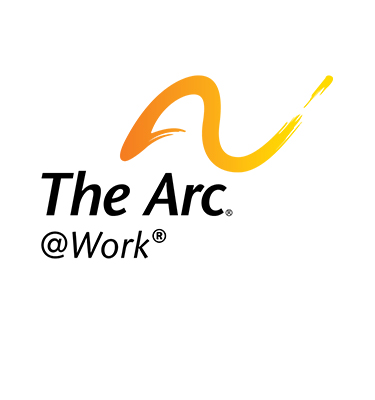House Passes COVID-19 Relief Bill That Helps People With Disabilities, Families, and Support Staff; Now the Senate Must Act
Today, the House of Representatives passed a COVID-19 relief bill that finally includes many elements that will provide critical assistance to people with disabilities, their families and the direct support workforce during this pandemic.
“This is an acute crisis for people with disabilities, their families, and support staff across the country. And this response legislation finally addresses many of our critical problems and dangers due to the pandemic. Now, we need the Senate to act quickly. Until they do, the lives of people with disabilities, their families, and support staff will continue to be precariously on the edge of disaster,” said Peter Berns, CEO, The Arc.
The House-passed bill includes these provisions reflecting our highest priorities:
Critical new dedicated funds for Medicaid home and community-based services, personal protective equipment (PPE) and workforce. As we have seen in nursing homes and institutions for people with disabilities, COVID-19 is particularly dangerous in congregate settings. To address the needs of people with intellectual and developmental disabilities (I/DD) who need care at home and in their communities, the House has included funding to sustain and expand home and community-based services while also minimizing the risk of people with disabilities being forced into large dangerous settings. States need these additional, new and dedicated dollars to expand access to services for those on waiting lists, and for providers to use the resources to hire enough workers, purchase much-needed PPE, and provide wage increases and overtime pay to the workforce.
Paid time off for family caregivers, including grandparents and siblings, of people with disabilities. As more people with disabilities lose their usual sources of care, family caregivers are scrambling and need access to paid leave and sick days to help their loved ones. Congress passed limited paid time off in March, but this bill ensures that all family members, including siblings and grandparents, can be there for their loved ones with disabilities.
Stability of benefits for low-income adults and kids with disabilities despite employment changes. The bill ensures that low-income adults and children with disabilities have the resources and support they need from programs such as SNAP for food assistance and Supplemental Security Income, or SSI, regardless of changes to their or parental employment related to COVID-19.
Funds for essential personnel, including direct support professionals, to cover childcare expenses and care for adult loved ones with disabilities at home. This $850 million in funding is critical for this workforce, which is juggling supporting those with disabilities and caring for their own families while their usual childcare options aren’t available.
Expanded access to health care for the uninsured, by creating a new enrollment period for health insurance in the Affordable Care Act exchanges and subsidies for people who lose employer provided health care to be able to afford continuing coverage. The bill also eliminates cost sharing for Medicaid beneficiaries, Medicare Parts A and B, and group and individual health plans for COVID-19 treatment and vaccines during this public health emergency.
“This virus is upending life as we know it, and until we get additional resources into our service system, paid time off for all caregivers, and other relief from the pressure of this crisis, we won’t stop advocating until it’s all addressed. We encourage the Senate to move ahead with this COVID-19 relief package,” said Berns.












